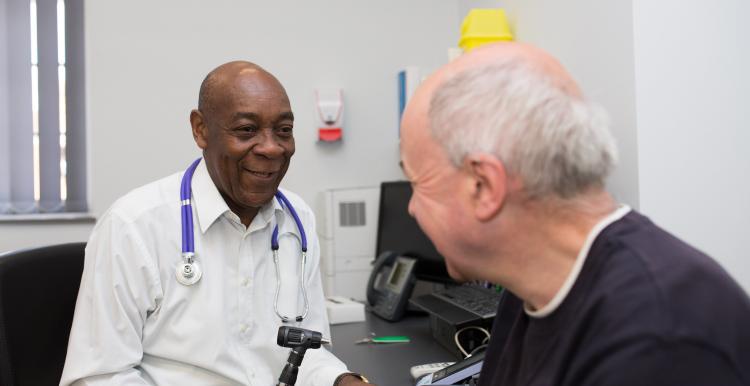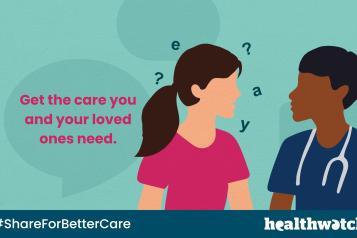What is a GP referral and how can you get one?

What is a referral?
Your GP is often the first person you speak to when you have a health issue or symptoms you’re worried about. GPs and other health professionals at the practice are highly skilled and can offer medical advice, provide diagnoses and prescribe medicines for lots of common conditions.
And sometimes, your GP might decide you need to see another healthcare professional for specialist tests, treatment or care. When they request specialist tests or treatment on your behalf, this is known as a referral.
Examples of referrals could include:
- Scans or tests for a diagnosis of a condition or health issue
- Wellbeing services, like smoking cessation or diabetes management
- Physiotherapy
- Minor surgery
In most cases you need to see your GP or speak to a doctor at a hospital to get a referral to another NHS service. Although sometimes, other healthcare professionals, such as a nurse, can make referrals as well.
You can also sometimes self-refer to further NHS support, like mental health talking therapies.
What can you expect?
Unless you can self-refer, specialists will only see people with a letter of referral from their GP or a hospital doctor.
Your GP or the hospital doctor supporting you should:
- Discuss why they want to refer you and what tests or treatment they think should be carried out
- Provide choices of where and who you can be referred to, with information about the hospitals and doctors working there
- Give you information on the referral letter about how to make an appointment as each service uses different ways of arranging appointments.


